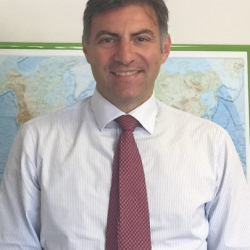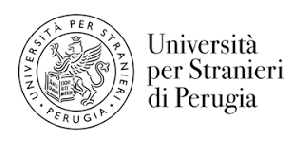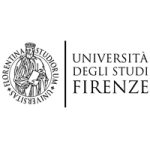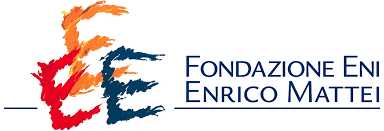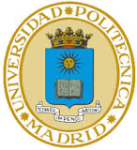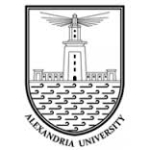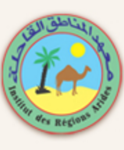The synthesis of the NEXUS-NESS Innovation Action will find its way through a core new technological web-based platform (set of products and services) developed adhering to Open Science principles that will allow to transfer and operationalize (i.e. make data useful and usable “actionable” for stakeholders) the WEFE Nexus strategies, data and scenarios. We refer to this product as the NEXUS-NESS Solution that will integrate and interface a series of data, products and tools and in particular (the main ones):
- The Multi Stakeholder and User Platform (MSUP, that was renamed as Nexushare (category: web app or platform), the stakeholder engagement platform conveying as a web app the knowledge base, the data sharing (bidirectional so that stakeholders may “learn” as well as “upload” their knowledge and needs) and support the interactions from WEFE sectors, actors, operators as well as all range of stakeholders and citizens
- The WATNEED WEFE Nexus data and modelled scenarios (category: dataset and pluging/widget of the NNS), addressing NEL Grand Challenges with output processed at the “Expert Stakeholder” level (e.g. Water agency, Energy managers, etc.) from large scale to local/specific scales of interest for the NEL stakeholders;
- The FREEWAT data and modelled scenarios (category: dataset and Open Source qGIS plugin) to be transferred to the new WEFE Nexus operators starting from the NEL reference partners (NEXUS-NESS partners) managing the four NELs with output produced by NEL reference partners to support a regional “Expert Stakeholder” operational WEFE Nexus level as well as producing ad hoc data and scenarios needed by some NEL Grand Challenges
- An Earth Observation (EO) analytical web-based service (category: webGIS with pluging/widget), (namely NEXUS-NESS Service or NNS) that makes optimal use of existing data/information and technological resources/tools/platforms as well as the new WEFE Nexus data produced by science-driven WATNEEDS and FREEWAT models to convey to all NEXUS-NESS stakeholder easy-to-be understood and easy-to-be understood data. This product, renamed as GEO NEXUS-NESS will integrate and share output processed at both the “Expert Stakeholder” level as well as the “Non-expert level” showcasing the power and usefulness of EO data (especially the EU Copernicus programme data and tools for water, land, infrastructure, environment and climate monitoring) and WEFE Nexus data, not only supporting NEXUS-NESS impacts to achive Nexus change but also demonstrating the business opportunities (jobs and SMEs working with WEFE Nexus operators).





